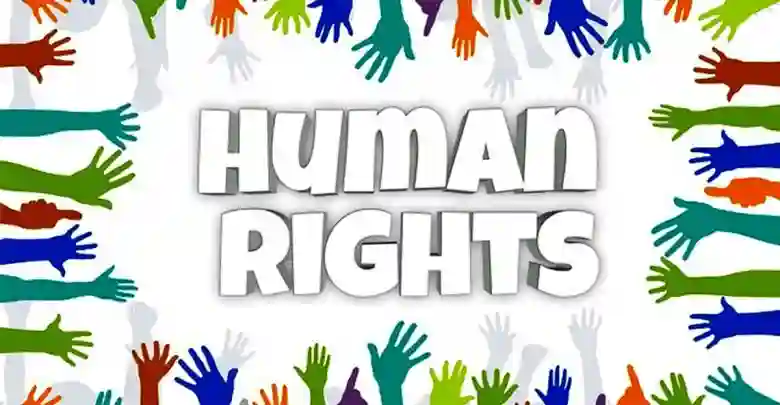Education and human rights are two pillars of a just and equitable society, intricately connected and mutually reinforcing. Education empowers individuals to understand, exercise, and advocate for their human rights, while human rights principles ensure that access to quality education is a fundamental right for all. In this article, we will explore the profound relationship between education and human rights, highlighting how education empowers individuals to become informed, engaged, and proactive defenders of their rights and the rights of others.
Understanding Human Rights
Human rights are the basic rights and freedoms to which every individual is entitled, regardless of their nationality, ethnicity, religion, gender, or any other distinguishing factor. These rights are universal, inalienable, and indivisible, forming the foundation of a just and inclusive society. Human rights encompass a wide range of principles, including:
- Equality: The principle that all individuals are equal in dignity and rights.
- Non-Discrimination: The prohibition of discrimination based on characteristics such as race, religion, gender, or disability.
- Freedom: The right to freedom of thought, conscience, religion, expression, and peaceful assembly.
- Social and Economic Rights: The right to an adequate standard of living, including access to education, healthcare, and housing.
- Political Rights: The right to participate in the governance of one’s country through free and fair elections.
- Cultural Rights: The right to participate in cultural, religious, and social life.
The Role of Education in Human Rights
Education serves as a cornerstone for the promotion and protection of human rights by:
1. Raising Awareness: Education raises awareness about human rights, ensuring that individuals understand their rights and the rights of others.
2. Fostering Tolerance: Education promotes tolerance, respect, and understanding among individuals from diverse backgrounds, reducing the potential for discrimination and conflict.
3. Encouraging Critical Thinking: Education fosters critical thinking skills, enabling individuals to analyze human rights issues, assess violations, and advocate for justice.
4. Empowering Advocacy: Education empowers individuals to become advocates for human rights, using their knowledge and voices to address violations and injustices.
5. Inclusive Access: Human rights principles ensure that access to quality education is a fundamental right for all, regardless of their background or circumstances.
6. Promoting Gender Equality: Education plays a pivotal role in promoting gender equality, a fundamental human right. It empowers women and girls by providing opportunities for personal and professional growth.
Challenges and Opportunities
While education and human rights are closely intertwined, several challenges and opportunities exist:
1. Access to Quality Education: Ensuring equitable access to quality education for all remains a challenge in many parts of the world. Addressing disparities in education is essential for upholding human rights.
2. Curriculum Inclusivity: The inclusivity of educational curricula in addressing human rights issues can vary. Developing comprehensive and age-appropriate content is crucial.
3. Teacher Training: Educators play a critical role in promoting human rights education. Providing teacher training and resources is essential for effective human rights education.
4. Cultural Sensitivity: Balancing the universality of human rights with cultural sensitivity and local contexts can be challenging. A nuanced approach is required.
5. Advocacy and Activism: Education should encourage and support advocacy and activism for human rights, enabling individuals to address systemic issues.
Conclusion
Education and human rights are interdependent forces that have the potential to transform societies and empower individuals. As we navigate an era marked by global challenges such as discrimination, inequality, and social injustices, it is crucial to recognize the power of education in promoting and protecting human rights.
Education equips individuals with the knowledge, values, and skills needed to be active and informed citizens who stand up for justice, equality, and the dignity of all. It fosters a sense of responsibility toward one’s own rights and the rights of others, creating a more inclusive and harmonious world.
In a world where human rights violations continue to occur, education serves as a beacon of hope and a catalyst for change. It is through education that we can inspire future generations to become champions of human rights, advocates for justice, and builders of a world where every individual’s rights and freedoms are upheld and respected. Education empowers individuals to shape a more just and equitable society, and in doing so, it fulfills the promise of human rights for all.



